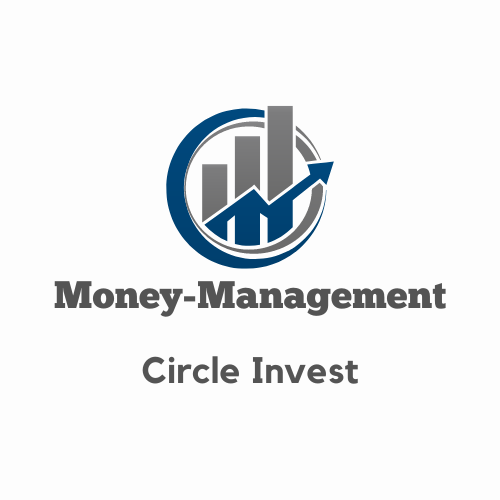Table of Contents
Toggle10 Signs Your Credit Card Has Been Compromised: What to Watch Out For

Introduction:
In today’s digital age, credit card fraud has become increasingly prevalent, posing a significant threat to consumers’ financial security. Cybercriminals employ sophisticated tactics to steal credit card information and perpetrate unauthorized transactions, leaving victims vulnerable to financial loss and identity theft. Recognizing the warning signs of a hacked credit card is crucial for mitigating potential damage and taking prompt action to safeguard your finances. In this article, we’ll explore ten common indicators that your credit card may have been compromised.
1.Unauthorized Transactions:
One of the most obvious signs of credit card fraud is unauthorized transactions appearing on your account statement. If you notice unfamiliar charges for purchases or withdrawals that you did not authorize, it’s essential to investigate immediately. These transactions may range from small, seemingly innocuous amounts to large purchases at unfamiliar merchants.
2.Unexplained Account Activity:
In addition to unauthorized transactions, keep an eye out for other suspicious account activity, such as changes to your account settings, address, or contact information without your knowledge. Cybercriminals may attempt to alter account details to avoid detection and prolong their illicit activities.
3. Unexpected Declines or Denials:
If your credit card is declined unexpectedly, despite having sufficient available credit, it could indicate that your card issuer has detected suspicious activity and temporarily blocked transactions to prevent further unauthorized charges. Similarly, if legitimate transactions are denied due to insufficient funds when you know your balance should cover them, it’s worth investigating potential fraud.
4. Receipt of Unrecognized Merchandise:
Receiving packages or merchandise that you did not order or recognize could be a red flag for credit card fraud. Cybercriminals may use stolen credit card information to make purchases online and have the items shipped to unsuspecting victims’ addresses to avoid detection.
5. Unexpected Changes in Credit Score:
Monitoring your credit score regularly can help you detect unusual fluctuations that may indicate fraudulent activity, such as sudden drops caused by unauthorized credit card applications or delinquencies resulting from fraudulent charges.
6.Phishing Attempts or Suspicious Emails:
Be wary of phishing attempts and fraudulent emails claiming to be from your bank or credit card issuer. These emails may request sensitive information such as your credit card number, expiration date, CVV code, or login credentials under the guise of account verification or security updates. Legitimate financial institutions will never ask you to provide this information via email.
7. Suspicious ATM or Point-of-Sale Transactions:
Keep a close eye on your credit card statements for unauthorized ATM withdrawals or point-of-sale transactions conducted in locations you have not visited. Skimming devices and compromised card readers can capture your card information, allowing fraudsters to withdraw cash or make purchases using cloned cards.
8. Multiple Failed Login Attempts:
If you notice multiple failed login attempts on your online banking or credit card account, it could indicate that someone is attempting to gain unauthorized access using stolen credentials. Enable two-factor authentication and regularly update your passwords to enhance account security.
9.Mysterious Charges on Linked Accounts:
Check linked accounts or payment methods, such as your bank account or mobile payment apps, for any suspicious activity that may be linked to your compromised credit card. Cybercriminals may attempt to exploit multiple accounts once they gain access to your credit card information.
10. Delayed or Missing Statements:
Lastly, if you experience delays or fail to receive your monthly credit card statements, it could signal that fraudsters have tampered with your account to conceal unauthorized transactions. Contact your card issuer immediately to report the issue and request an investigation.
Conclusion:
vigilance is paramount when it comes to safeguarding your credit card information against fraud and unauthorized access. By staying alert to the signs of credit card hacking outlined in this article, you can detect suspicious activity early on and take proactive measures to protect your financial assets. Remember to regularly monitor your account statements, review your credit report, and employ security best practices to minimize the risk of falling victim to credit card fraud.
